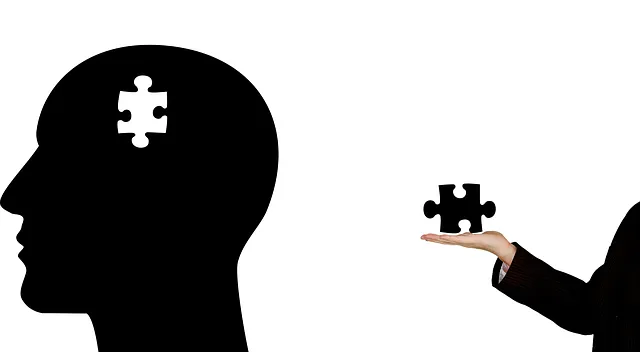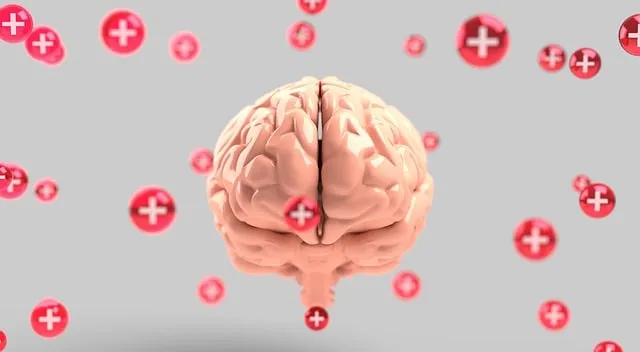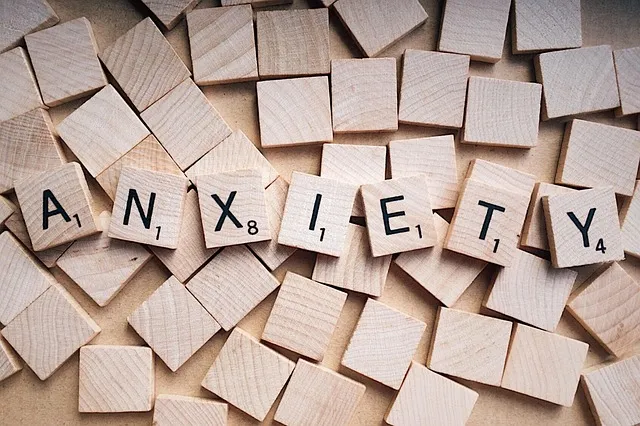Kaiser Permanente behavioral health providers emphasize the importance of coping skills in navigating life's challenges, stress, and mental well-being. They offer evidence-based practices, personalized interventions, and a toolkit of strategies—from journaling to trauma support—to empower individuals with robust emotional resilience. Through introspection, self-awareness, and holistic approaches, Kaiser Permanente fosters personal growth, enhances quality of life, and promotes effective coping skills tailored to individual needs.
“Unwind, reset, and thrive—this is the essence of coping skills development, a crucial aspect of mental well-being. In today’s fast-paced world, effective coping strategies are essential tools for navigating life’s challenges.
This article explores the transformative power of coping skills, focusing on the guidance offered by Kaiser Permanente behavioral health providers. From understanding your personal mechanisms to practical stress management techniques, it delves into actionable steps towards resilience. Learn from superior practitioners how to integrate these skills seamlessly into daily routines, fostering a healthier, more balanced life.”
- Understanding Coping Skills: A Foundation for Mental Well-being
- The Role of Kaiser Permanente Behavioral Health Providers in Teaching Effective Coping Strategies
- Identifying Personal Coping Mechanisms: A Journey to Self-Discovery
- Practical Techniques for Stress Management and Resilience Building
- Integrating Coping Skills into Daily Life: Tips from Superior Practitioners
Understanding Coping Skills: A Foundation for Mental Well-being

Coping skills are essential tools for navigating life’s challenges and stress. Understanding this concept is a fundamental step towards fostering mental well-being. At Kaiser Permanente, behavioral health providers emphasize that effective coping strategies can significantly enhance an individual’s ability to manage difficult situations. These skills serve as a buffer against overwhelming emotions, enabling people to respond rather than react impulsively.
Developing a strong suite of coping mechanisms can lead to improved confidence and resilience. Resources such as Mental Wellness Journaling Exercises and guidance from specialized coaching programs offer valuable Development opportunities. By engaging in these activities, individuals can gain insights into their emotional triggers and learn healthy ways to process them, ultimately contributing to a more balanced mental wellness.
The Role of Kaiser Permanente Behavioral Health Providers in Teaching Effective Coping Strategies

Kaiser Permanente behavioral health providers play a pivotal role in equipping individuals with effective coping skills to navigate life’s challenges and manage mental health effectively. They are at the forefront of delivering superior Mental Health Education Programs Design, tailoring interventions to meet diverse needs. Through interactive sessions, these professionals guide patients through Crisis Intervention Guidance, empowering them to develop resilient coping strategies that address underlying emotional and psychological issues.
By integrating evidence-based practices, Kaiser Permanente behavioral health providers lead innovative Mental Illness Stigma Reduction Efforts, fostering inclusive environments where individuals feel safe to seek help without fear of judgment. Their expertise lies in teaching a range of techniques, from mindfulness and relaxation exercises to cognitive behavioral therapies, ensuring patients acquire a toolkit for managing stress, anxiety, and other mental health concerns.
Identifying Personal Coping Mechanisms: A Journey to Self-Discovery

Understanding your unique coping mechanisms is a powerful tool for personal growth and well-being. This journey of self-discovery begins with introspection, encouraging individuals to reflect on their emotional healing processes. Every person has their own way of dealing with stress, challenges, and difficult emotions, known as coping strategies or mechanisms. For some, it might be engaging in physical activities like yoga or running to relieve tension, while others find solace in creative outlets such as painting or writing.
Kaiser Permanente behavioral health providers emphasize the significance of recognizing these personal coping mechanisms. By identifying what works best for you, you can develop a robust toolkit for managing stress and emotional well-being. This process involves exploring various activities and strategies, from relaxation techniques to positive thinking exercises, to find those that resonate with your individual needs. It’s about embracing self-care practices that nurture both mind and body, ultimately contributing to a healthier and happier life.
Practical Techniques for Stress Management and Resilience Building

At Kaiser Permanente behavioral health providers, we recognize that developing effective coping skills is essential for navigating life’s challenges and fostering resilience. Our Superior approach to mental well-being emphasizes practical techniques that empower individuals to manage stress and enhance their overall mood management. Through evidence-based practices, we guide clients in understanding and applying Mind Over Matter principles, enabling them to transform their reactions to stressful situations.
Our Trauma Support Services play a pivotal role in this process, offering specialized coping strategies tailored to individuals’ unique experiences. By incorporating these services, we help build a robust foundation for emotional resilience, ensuring that our clients gain the tools needed to thrive even amidst challenging circumstances.
Integrating Coping Skills into Daily Life: Tips from Superior Practitioners

Integrating coping skills into daily life is a vital aspect of holistic well-being. Kaiser Permanente behavioral health providers emphasize that mastering these techniques isn’t merely about managing stress; it’s about fostering resilience and enhancing overall quality of life. Superior practitioners encourage individuals to adopt coping strategies tailored to their unique needs and preferences, making them accessible and effective in various settings.
For instance, they suggest incorporating positive thinking exercises into daily routines, such as mindful meditation or journaling, which can help mitigate the impact of trauma and promote emotional balance. Healthcare provider cultural competency training also plays a significant role, ensuring that coping mechanisms are inclusive and sensitive to diverse backgrounds. Trauma Support Services within Kaiser Permanente offer specialized resources, providing individuals with the tools needed to navigate challenging experiences and cultivate lasting coping abilities.
Coping skills development is a journey that empowers individuals to navigate life’s challenges with resilience. By understanding the importance of mental well-being and leveraging resources offered by superior practitioners, such as those within Kaiser Permanente behavioral health services, people can identify and harness effective coping mechanisms. This article has explored various strategies, from self-discovery to practical techniques, providing a foundation for enhancing mental fortitude. Integrating these skills into daily routines is key to fostering resilience, ensuring individuals are equipped to handle stress and promote overall well-being.






